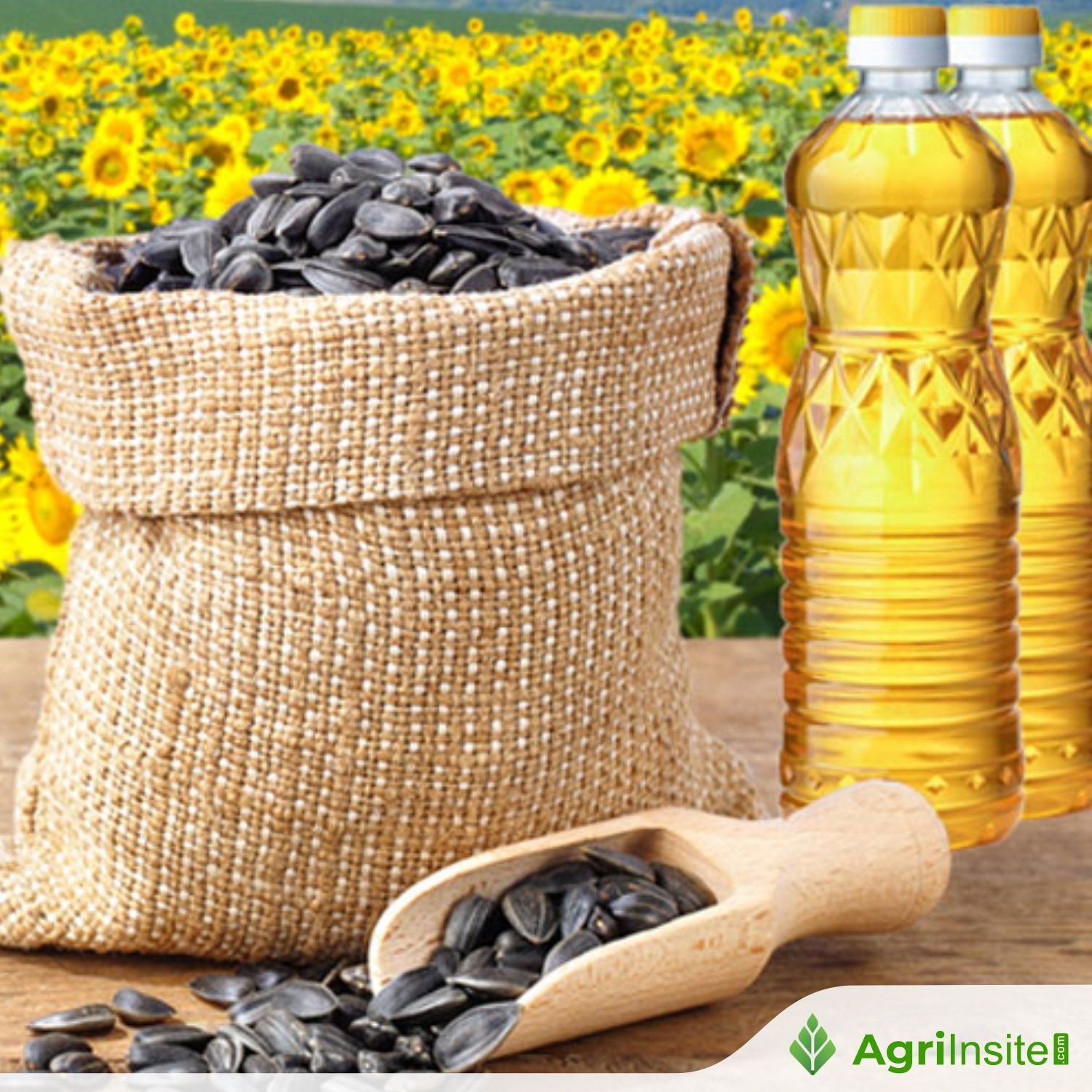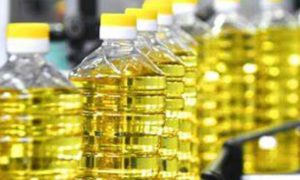Kazakhstan expands oilseeds capacity amid strategic agricultural shift: Foreign Agricultural Service

Kazakhstan is shifting from wheat to oilseeds like sunflower to diversify its agriculture. Improved yields, government subsidies, and \$40M in processing investments have boosted refining capacity and exports. Vegetable oil production tripled in a decade, with rising demand from China and Central Asia, positioning Kazakhstan as a regional agro-industrial leader.
KAZAKHSTAN – Kazakhstan is undergoing a transformative shift in its agricultural landscape, expanding oilseed production and processing capacity in a bid to diversify its economy and boost high-value exports, according to a report from the Foreign Agricultural Service (FAS) of the US Department of Agriculture.
Historically dominated by wheat cultivation, the country is now embracing oilseeds, particularly sunflower, as a strategic crop, driven by favorable yields, climate challenges, and government incentives.
Over the past five years, Kazakhstan has steadily increased its oilseed acreage, with sunflower yields rising from 0.8 tonnes per hectare in 2014 to 1.5 tonnes in 2024.
Other oilseeds such as flax, rapeseed, and safflower have also seen yield improvements, averaging 1.2 tonnes per hectare.
This growth is attributed to better seed varieties and agronomic practices, especially in northern regions where grain farming has become less viable due to soil degradation and climate stress.
To accelerate the shift, the Kazakhstan government has introduced a suite of incentives. Farmers receive a subsidy of 22,000 tenge (approximately US$48) per tonne for delivering sunflowers to local processors.
Additional support includes seed subsidies, domestic breeding programs, and preferential leasing and tax incentives for processors.
These measures are part of a broader agri-food strategy aimed at crop diversification and value-added production.
Between 2024 and 2025, Kazakhstan allocated 18 billion tenge (approximately US$40M) to modernise and build oil processing facilities.
As a result, refining capacity has more than doubled from under 300,000 tonnes in 2021 to a projected 600,000 tonnes in 2025. Vegetable oil production surged from 180,000 tonnes in 2014-15 to over 560,000 tonnes in 2023-24.
Kazakhstan’s exports of vegetable oils and meal, primarily sunflower-based, have skyrocketed, growing from under 200,000 tonnes in 2014–15 to over 1 million tonnes in 2023–24.
Uzbekistan, China, and Tajikistan are among the top importers, with regional demand rising due to expanding livestock sectors and limited domestic oilseed cultivation.
Rail shipments to China have increased dramatically, aided by containerised flexitanks and upgraded terminals at Khorgos.
More than 20 Kazakh processing plants are now registered for export to China, positioning the country as a key supplier in Eurasia’s agro-industrial market.
With strategic investments and policy support, Kazakhstan is not only growing more oilseeds but also cultivating a new chapter in agricultural innovation and trade leadership.
To Read more about Edible Oil News continue reading Agriinsite.com
Source : Milling MEA














